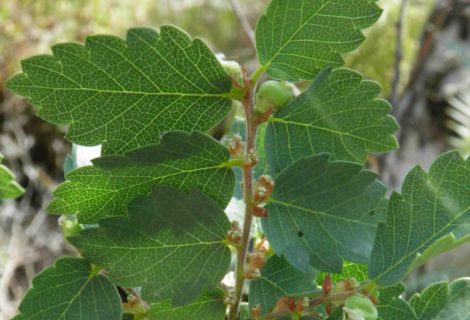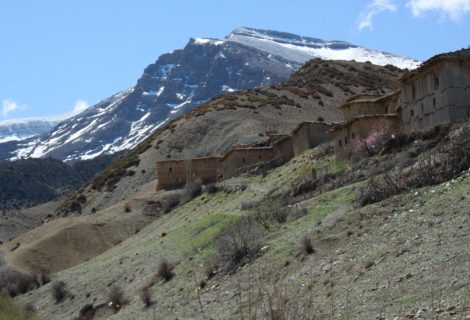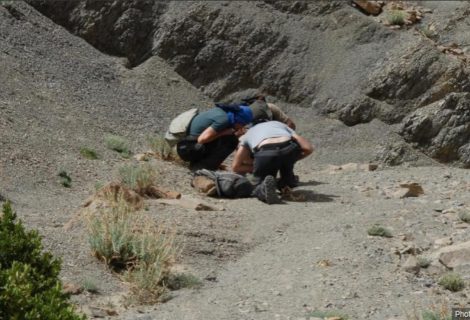Identification of Important Plant Areas in Cabo Verde islands
The IUCN Centre for Mediterranean Cooperation, the IUCN/SSC Mediterranean Plant Specialist Group, the INIDA (Instituto Nacional de Investigação e Desenvolvimento Agrario) and nearly 40 national experts participated in two workshops that took place in October 2016 and May 2017 where the IUCN Global Standard for the Identification of Key Biodiversity Areas (KBAs) was applied. As a result, 17 Important Plant Areas (IPAs) have been recognized in Cabo Verde through the project “Identification of Important Plant Areas (IPAs) in the islands of Cabo Verde” as they host notable flora and endemic plant species. Among them, 15 are global Key Biodiversity Areas (KBAs) and 2 regional KBAs for plants.
This project has been funded by the CEPF (Critical Ecosystem Partnership Fund), a joint initiative of l’Agence Française de Développement, Conservation International, the European Union, the Global Environment Facility, the Government of Japan, the MacArthur Foundation and the World Bank. CEPF decided to fund a specific project to identify Important Plant Areas of Cabo Verde and to integrate its preliminary results into the updated Mediterranean Ecosystem Profile.
The previous Ecosystem Profile, published in 2010, did not take plants sufficiently into account. Therefore, L’Agence Française de Développement (AFD) funded in 2010 a project on Identification of the Important Sites and Habitats for Plants in North Africa, the Middle East and Albania. The results were published in 2011, with 207 IPAs identified in Morocco, Tunisia, Algeria, Libya, Egypt, Israel, Jordan, Lebanon, Palestine, Syria and Albania. Cabo Verde was not included in this project.
During the Ecosystem profile update, these 207 already identified IPAs have been integrated together with new sites (incl. those of Cabo Verde).
Full digital map of IPA of Cabo Verde and access to 17 datasheets can be explored through the following interactive map : goo.gl/wDhZ83
Furthermore, a list of species found in the Fogo Natural park and detailed information about several plant species from this IPA are also available here: https://drive.google.com/open?id=0BxsuplnuVn3LRl9pendZVHlXRW8










Recent Comments